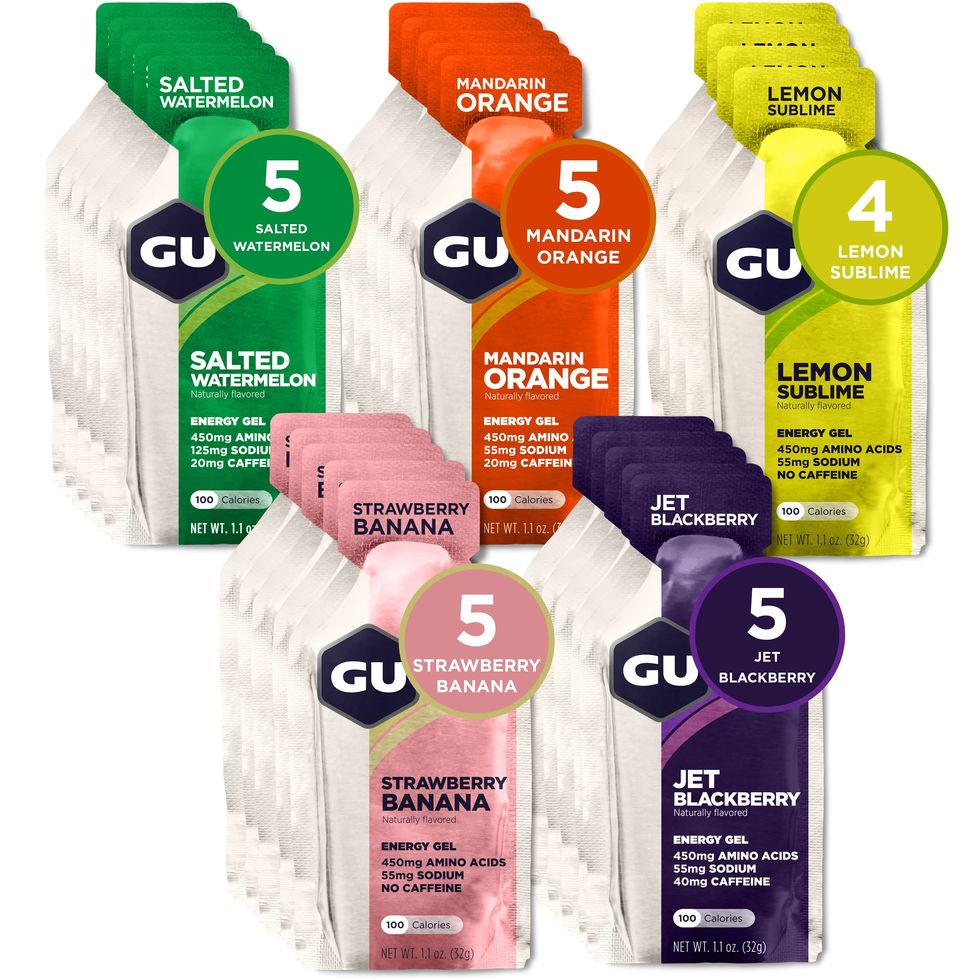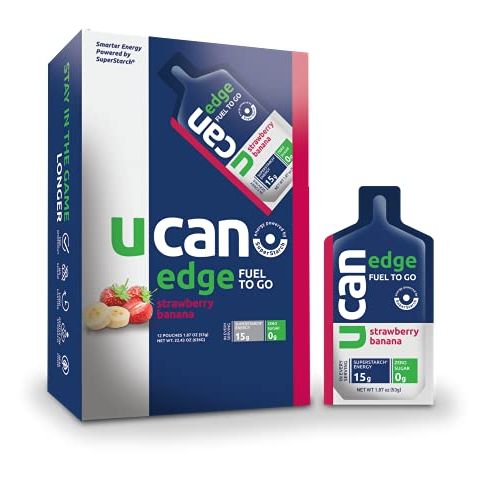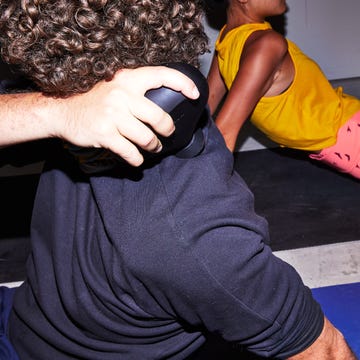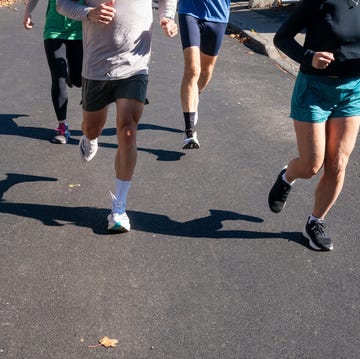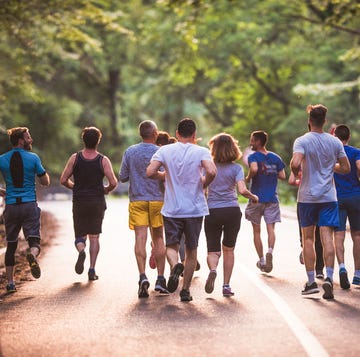- A study published in the Journal of the American College of Sports Medicine looked at the effects of a keto diet Side Effects of Text Neck for Runners.
- During moderate intensity runs, the participants’ exercise efficiency stayed the same as they did when they ate their normal diet. But when they performed more intense runs on the keto diet, it decreased.
- Their running speed also decreased by 5 percent on the keto diet in comparison to their normal eating plan.
The keto diet is often hyped as an effective weight loss tool, but did you ever wonder what it could do to your running performance? As an endurance athlete, you probably depend on carbs as an easily-accessible energy source for your runs, so what happens to your chances of getting faster or going harder if you limit them?
Researchers from New Zealand took on that question, testing the effects of a keto diet on exercise efficiency—how much energy is required to perform work relative to body mass—and speed.
In the study, researchers had a small sample of eight trained endurance athletes follow both a keto diet and their normal diets, which consisted of similar protein levels. When following the keto diet, participants consumed low levels of carbohydrates, and instead got most of their fuel from high-fat meals. Normal diets consisted of around 43 percent carbs and 38 percent fat. On the keto diet, participants only consumed 4 percent carbs and upped their fat intake to 78 percent.
We earn a commission for products purchased through some links in this article.
Researchers found that when the participants followed a keto diet and exercised at less than 60 percent of their VO2 max—the amount of oxygen you can efficiently consume and use—their exercise efficiency remained the same.
But in exercise over 70 percent of VO2 max, their speed and endurance declined. In fact, running speed at VO2 max declined by 5 percent after keto-adaptation—when your body shifts from using carbs to using fat as the primary energy source.
This suggests that the keto diet would be just fine for moderate running efforts, but if you want to get faster, or work out at more intense levels, like powering up a hill, it may not be the best diet plan for your goals.
One reason? Fat is a less-efficient fuel source when you are exercising at high aerobic capacity, study author and registered dietitian David Shaw, Ph.D. (c), of the Auckland University of Technology, told Runner’s World. It requires more oxygen to create energy than carbohydrates do. Plus, the fatty acids were not as helpful in producing energy needed for muscle contraction, which may have contributed to the loss of speed.
Join Runner's World+ for unlimited access to the best training tips for runners
Does Aerobic Exercise Increase Muscle Mass.
“It ultimately depends on how fast you want to go,” Shaw said. For someone wanting to break two hours in a marathon, then a keto diet probably won’t help; rather, it will probably slow you down.
On the other hand, if you simply want to go for a few hours at a low-to-moderate intensity, then you may find that performance can be maintained following a keto diet.
Another possible advantage of a keto diet is that it also reduces reliance on consuming carbohydrates during exercise, meaning that it could be a preferred fueling strategy for some ultra-endurance events where fueling stations are limited, or for individuals who have develop stomach issues when fueling with carbs during racing. You’d want to be sure to test this out well before race day if it’s an option you want to consider.
Still, because the study was so small, more research needs to be done including more participants to strengthen the findings. Until then, if you are training to improve your PR, you may want to think twice about switching to keto. But if you are just looking to maintain your fitness, or notice that you have issues fueling with carbs during exercise, the diet may work better for you.



